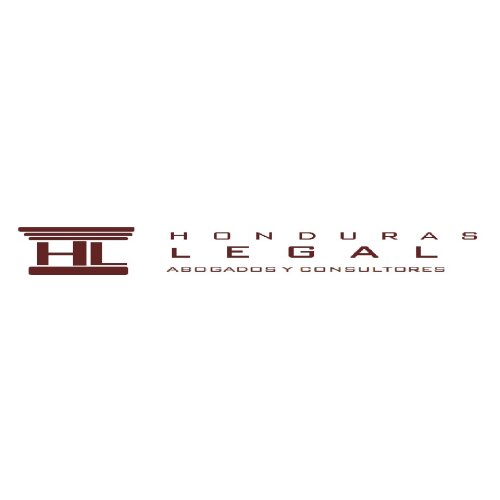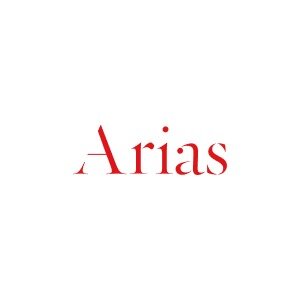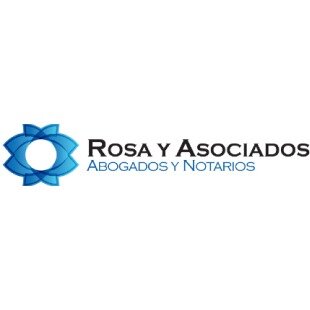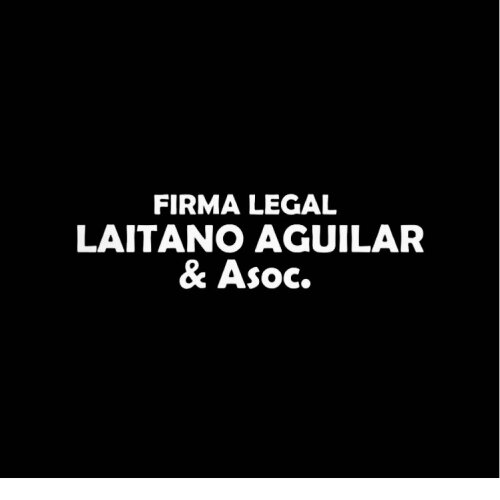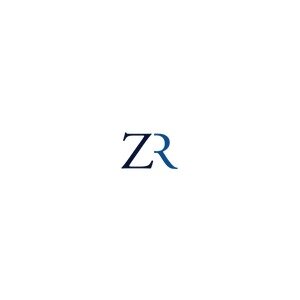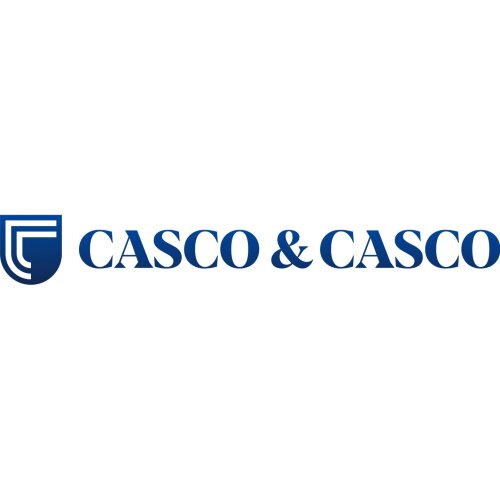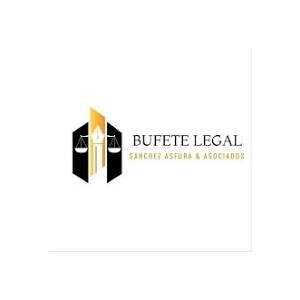Best Sustainable Finance Lawyers in Tegucigalpa
Share your needs with us, get contacted by law firms.
Free. Takes 2 min.
List of the best lawyers in Tegucigalpa, Honduras
About Sustainable Finance Law in Tegucigalpa, Honduras
Sustainable Finance in Tegucigalpa, Honduras refers to financial services and investment practices that take into account environmental, social, and governance (ESG) factors to promote sustainable economic development. This field is evolving in response to growing concerns over climate change, resource depletion, and social inequality. In recent years, local policymakers and industry stakeholders have begun crafting frameworks and incentives aimed at encouraging businesses and investors to support projects that are environmentally responsible and socially beneficial. Sustainable Finance may involve green bonds, responsible investment policies, or guidance for banks and companies to align their practices with international sustainability standards.
Why You May Need a Lawyer
Legal advice in the field of Sustainable Finance can be crucial for a variety of reasons. Companies may seek guidance to structure green or social finance projects in compliance with Honduran regulations. Investors may need legal insights before investing in sustainable development assets or evaluating project risks and compliance requirements. International organizations and NGOs planning projects in Honduras often need help navigating local environmental and social impact laws, securing permits, and signing contracts. Finally, banks and financial institutions may consult lawyers to develop green financial products, draft ESG disclosure policies, or resolve disputes in sustainable finance transactions.
Local Laws Overview
Honduras is in the process of adopting and updating legislation to stimulate sustainable investment while complying with international agreements such as the Paris Agreement on climate change and the United Nations Sustainable Development Goals. Key aspects of local law relevant to Sustainable Finance in Tegucigalpa include:
- Environmental Protection Laws: These laws establish standards for environmental impact assessments and mandate compliance for projects in forestry, energy, waste management, and more.
- Financial Sector Regulations: The Comisión Nacional de Bancos y Seguros (CNBS) has published guidance for banks and insurers regarding risk management and ESG disclosure obligations related to sustainable finance products.
- Investment Incentives: Certain laws provide tax breaks or benefits for companies that invest in renewable energy, conservation, or other sustainable activities.
- Public-Private Partnerships: Legislation exists to encourage collaboration between public institutions and private enterprises for sustainable infrastructure and development projects.
- International Commitments: Honduras has adopted international sustainability standards, which influence domestic legislation and encourage ESG reporting and transparency.
Frequently Asked Questions
What qualifies as a sustainable finance project in Honduras?
Projects are recognized as sustainable if they have measurable environmental or social benefits, such as renewable energy generation, waste reduction, conservation efforts, or community development, and if they comply with local and international ESG standards.
Do Honduran laws require environmental impact assessments for all projects?
Most projects that could significantly affect the environment require an environmental impact assessment by local authorities, especially in sectors like energy, mining, agriculture, and infrastructure development.
What incentives are available for sustainable investment?
In Honduras, tax breaks, accelerated permitting, and in some cases, access to public funding or international aid may be offered for investments that meet certain sustainability criteria.
Can foreign investors participate in sustainable finance initiatives?
Yes, foreign investors are welcome and often encouraged, provided they comply with local regulations, obtain necessary permits, and respect environmental and social standards.
How does ESG disclosure work in Tegucigalpa?
Financial institutions and large corporations are increasingly expected to report on their environmental, social, and governance performance according to CNBS guidelines and international frameworks.
Are green bonds recognized in Honduras?
Yes, the concept of green bonds has started to gain acceptance in Honduras, with some regulatory guidance in place to ensure transparency and project eligibility.
Do I need a special permit or license for green projects?
Depending on the project's nature, you may need environmental permits, operational licenses, or sector-specific approvals from municipal or national authorities.
What risks should I consider when investing in sustainable finance projects in Honduras?
Risks include legal compliance issues, political and currency instability, changes in regulatory frameworks, and the need for robust due diligence regarding project sustainability and financial viability.
Which authorities oversee sustainable finance in Tegucigalpa?
Key authorities include the Comisión Nacional de Bancos y Seguros (CNBS), Secretaría de Recursos Naturales y Ambiente (SERNA), and various municipal environmental agencies in Tegucigalpa.
How can I resolve disputes related to sustainable finance?
Dispute resolution can take place through local courts, international arbitration for cross-border investments, or specialized regulatory bodies, depending on contract terms and jurisdiction clauses.
Additional Resources
If you need more information or assistance related to Sustainable Finance in Tegucigalpa, the following resources may be helpful:
- Comisión Nacional de Bancos y Seguros (CNBS) - offers guidance for the financial sector on sustainable finance practices and compliance
- Secretaría de Recursos Naturales y Ambiente (SERNA) - provides environmental regulations, permits, and project oversight
- Association of Honduran Banks (AHIBA) - network for financial institutions engaged in sustainability initiatives
- Ministry of Economic Development - offers information on investment incentives and sustainability programs
- Local law firms specializing in environmental, banking, and investment laws
Next Steps
If you require legal assistance in Sustainable Finance in Tegucigalpa, consider the following steps:
- Gather relevant documents related to your planned project or investment, including business plans and any environmental assessments.
- Consult with a lawyer or law firm experienced in Sustainable Finance, environmental law, and financial regulations in Honduras.
- Verify the lawyer's experience with similar projects and their understanding of local and international sustainability standards.
- Prepare questions regarding regulatory compliance, permit requirements, and potential legal risks.
- Work collaboratively with your legal advisor to ensure that your project or investment adheres to applicable laws and benefits from available incentives or protections.
Engaging a qualified professional early in your planning process will help you avoid costly legal mistakes and ensure your sustainable finance initiative is successful and compliant in Tegucigalpa, Honduras.
Lawzana helps you find the best lawyers and law firms in Tegucigalpa through a curated and pre-screened list of qualified legal professionals. Our platform offers rankings and detailed profiles of attorneys and law firms, allowing you to compare based on practice areas, including Sustainable Finance, experience, and client feedback.
Each profile includes a description of the firm's areas of practice, client reviews, team members and partners, year of establishment, spoken languages, office locations, contact information, social media presence, and any published articles or resources. Most firms on our platform speak English and are experienced in both local and international legal matters.
Get a quote from top-rated law firms in Tegucigalpa, Honduras — quickly, securely, and without unnecessary hassle.
Disclaimer:
The information provided on this page is for general informational purposes only and does not constitute legal advice. While we strive to ensure the accuracy and relevance of the content, legal information may change over time, and interpretations of the law can vary. You should always consult with a qualified legal professional for advice specific to your situation.
We disclaim all liability for actions taken or not taken based on the content of this page. If you believe any information is incorrect or outdated, please contact us, and we will review and update it where appropriate.



